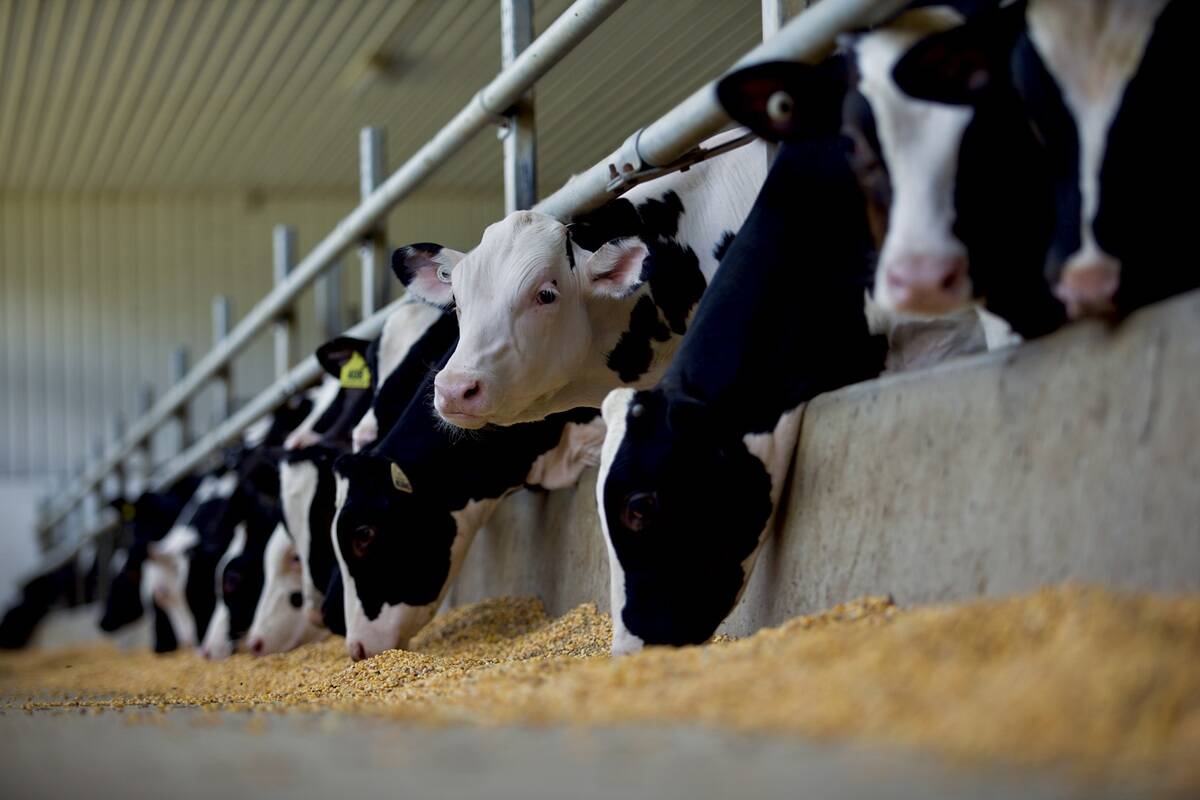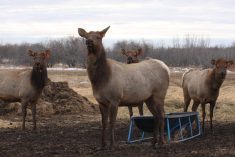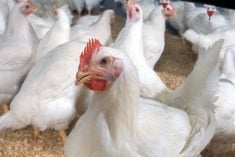The mosquitoes are out in full force and it’s time for the annual reminder to take precautions against West Nile Virus.
Saskatchewan’s West Nile Virus co-ordinator said the number of Culex tarsalis mosquitoes that can carry the virus will increase as the summer goes on.
“Culex tarsalis are a hot weather mosquito,” said Phil Curry. “They feed more often and lay more eggs when the temperature rises.”
They also are more active at night; warmer nights keep people outside longer and increase the risk of a bite.
Read Also

Confusion cleared on Canadian calf import changes
A Canadian Food Inspection Agency (CFIA) announcement on import regulations for feeder calves caused some confusion on the administrative side of Canada’s cattle industry earlier this month
The virus risk typically peaks mid-July through August and varies from year to year.
Last year four people were confirmed to have the virus but none were hospitalized.
The worst year was 2007 when six died. More than 1,450 people contracted the virus that year and 113 were severe neurological cases.
Most infections present no symptoms or only mild illness such as fever, headaches and body aches. The severe form can cause inflammation of the brain and death. People who develop unusually severe headaches, persistent high fever or confusion should seek medical help.
Curry said using insect repellent with DEET, wearing protecting clothing and keeping areas that can collect water clean are all good practices.
The province updates its surveillance results and risk maps every Friday morning at www.health.gov.sk.ca/west-nile-virus.















